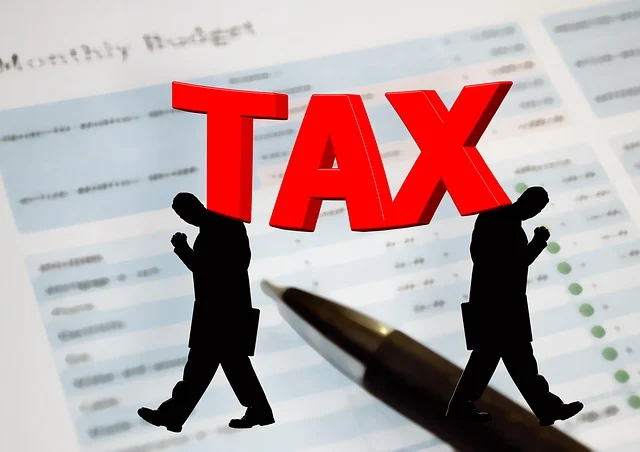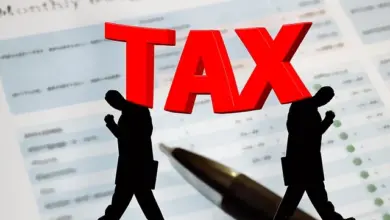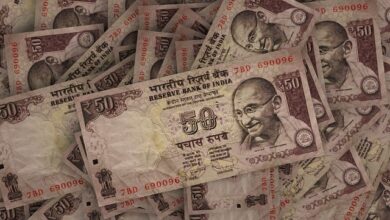How to Apply for Tax Refunds in the Netherlands

If you’ve overpaid taxes in the Netherlands, whether due to incorrect withholding, non-resident status, or other reasons, you may be eligible for a tax refund. The Dutch tax authority (Belastingdienst ) manages tax refunds, and the process is relatively straightforward if you have the necessary documentation. Below is a step-by-step guide to help you apply for a tax refund in the Netherlands.
1. Understand When You’re Eligible for a Tax Refund
Several scenarios can make you eligible for a tax refund:
- Overpayment of Income Tax: If too much tax was withheld from your salary or pension.
- Non-Resident Taxpayer: Non-residents often pay higher taxes initially but can claim refunds after filing their tax return.
- Double Taxation Relief: If you’ve been taxed twice on the same income (e.g., in both the Netherlands and your home country), you may qualify for relief under a tax treaty.
- Deductions and Allowances: Certain expenses, such as mortgage interest, healthcare costs, or donations, may reduce your taxable income and result in a refund.
- 30% Ruling: Expats benefiting from the 30% ruling may reclaim part of their payroll taxes.
- End-of-Year Adjustments: Employers sometimes fail to account for bonuses, overtime, or other factors that affect taxable income.
2. Gather Required Documents
To apply for a tax refund, you’ll need the following documents:
- Proof of Income: Payslips, employment contracts, or bank statements showing your earnings.
- Tax Residency Status: Documentation proving your residency or non-residency status.
- Expenses and Deductions: Receipts for deductible expenses like medical bills, educational costs, or charitable contributions.
- Double Taxation Certificate: If claiming relief under a tax treaty, obtain this certificate from your home country’s tax authority.
- Mortgage Details: If applying for mortgage interest deductions, provide loan agreements and interest payment records.
- 30% Ruling Documentation: If applicable, include proof of eligibility for the 30% ruling.
3. File an Annual Tax Return
The most common way to claim a tax refund is by filing an annual tax return (aangifte ). Here’s how:
A. Online Filing via Mijn Belastingdienst
- Create an Account: Register on the Mijn Belastingdienst portal using your DigiD (digital identification).
- Access Your Tax Records: Review pre-filled information provided by the tax authority.
- Make Adjustments: Add missing details, deductions, or allowances that weren’t automatically included.
- Submit the Return: Complete and submit your tax return electronically.
B. Paper Filing
If you’re unable to file online, request a paper form from the Belastingdienst and mail it back with all supporting documents.
C. Deadlines
- For most taxpayers, the deadline is April 1st of the year following the tax year.
- If you use a tax advisor, the deadline extends to July 1st .
4. Use a Tax Advisor (Optional)
If your situation is complex—such as being a non-resident, having multiple sources of income, or dealing with international taxation—a tax advisor can simplify the process.
- Benefits of Hiring an Advisor:
- Ensures accurate calculations and maximizes your refund.
- Handles communication with the Belastingdienst on your behalf.
- Helps navigate double taxation treaties and cross-border issues.
- Costs: Fees vary depending on the complexity of your case, but they’re often offset by the increased refund amount.
5. Check the Status of Your Refund
After submitting your tax return, you can track the progress of your refund through the Mijn Belastingdienst portal.
- Processing Time: Refunds typically take 6–8 weeks to process, though delays can occur during peak seasons.
- Notification: You’ll receive a letter or email confirming the outcome of your claim.
6. Receive Your Refund
Once approved, the Belastingdienst will transfer the refund directly to your bank account. Ensure your banking details are up-to-date in your tax profile.
7. Special Cases for Tax Refunds
A. Non-Residents
Non-residents who work temporarily in the Netherlands often face higher tax rates. To claim a refund:
- File a non-resident tax return (aangifte inkomen niet-ingezetenen ).
- Provide proof of worldwide income to determine your correct tax liability.
B. Expats Under the 30% Ruling
If you benefit from the 30% ruling, you can reclaim part of your payroll taxes because only 70% of your salary is subject to taxation. Submit Form 1308 to your employer or the Belastingdienst .
C. Students and Part-Time Workers
Students or part-time workers who earn below the tax-free threshold (€3,864 in 2023) can reclaim any taxes deducted from their income.
D. Property Owners
Homeowners can claim refunds related to mortgage interest deductions or energy-saving investments.
8. Common Mistakes to Avoid
- Missing Deadlines: Late submissions may delay your refund or incur penalties.
- Incomplete Documentation: Ensure all required forms and receipts are submitted.
- Ignoring Updates: Keep your contact and banking information current to avoid misdirected refunds.
9. Contact the Belastingdienst for Assistance
If you encounter issues or have questions about your refund, reach out to the Belastingdienst :
- Phone: Call the general helpline at +31 55 538 5385.
- Email/Chat: Use the contact options available on the Belastingdienst website.
- In-Person Visits: Schedule an appointment at your local tax office.



